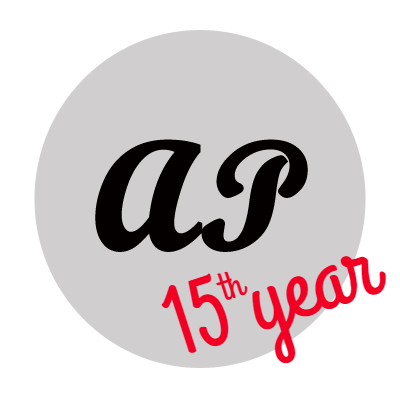Volume 8, Issue 3, October 2016

Contents
2015 yazında Ege ve Akdeniz üzerinden göçmen geçişlerinin artışıyla, göç konusu siyasi gündemin en önemli konularından biri haline geldi. Avrupa Birliği ülkelerinde bir yandan gelenlere kucak açan “hoş geldiniz” hareketleri, bir yandan da göçmen karşıtı aşırı sağın yükselişine tanıklık ettik. “Mülteci krizi” karşısında çözüm bulma derdine düşen Avrupalı siyasetçiler 29 Kasım 2015’te Türkiye ve Avrupa Birliği arasın...
Evrim Hikmet ÖĞÜT: SOUNDS OF TEMPORARY MIGRATION: MUSICAL PRACTICES OF IRAQI-CHALDEAN MIGRANTS IN ISTANBUL (Turkish)ABSTRACT. The temporary/transit migration has some specific aspects that differ from permanent migration based on various factors such as the uncertainty of legal status, smallness of the community, limitations of the economic relations and the awareness of temporariness. This differentiation is apparent in the production and the use of cultural forms including music. Music not only reflects but also creates the social relations and constitutes a ground for understanding the migratory experience; thus the specific circumstances of temporary migration. This article is b...
Hussain HAJJ: THE SYRIAN MUSICIANS IN ISTANBUL: THE RELATIONSHIP BETWEEN REPERTOIRE AND STAGEABSTRACT. This article aims to present some notes and findings about the fieldwork that I conducted in Istanbul with Syrian musicians in 2015. The main questions of the research were the identity of the Syrian musicians and the status of Syrian music and musicians in Istanbul. In this article I will first present some details about the musical institutions in Syria and the problems related to “being a musician” and studying music in the era of Al-Baath party ruling. I will add some notes about the Kurdish musicians in Syria. The second section is about Syri...
Selin ALTUNKAYNAK: INTERSECTING LIVES IN POST-MIGRATION PERIOD: THE DYNAMICS OF RELATIONS BETWEEN “HOST” WOMEN FROM TURKEY AND “GUEST” WOMEN FROM SYRIAABSTRACT. Turkey undertakes an important role in responding to the Syrian humanitarian crisis by hosting the largest number of refugee population around the world through opening its borders to Syrian refugees subsequent to the conflict in Syria after 2011. Turkey has been managing the refugee phenomenon at the beginning with a discourse of ‘guest’. The temporary protection regime for Syrian refugees in Turkey ratified in October 2014 on the one hand, and the discourse of ‘guest’ on the other, constitute significant basis to the sociological asp...
Ülkü GÜNEY & Nahide KONAK: SYRIAN AND IRAQI REFUGEES IN BOLU: PERCEPTION OF THE OTHER BASED ON NATIONALISM, MASCULINITY AND CITIZENSHIP (Turkish)ABSTRACT. The main objective of this article is to discuss how the local people of Bolu perceive Iraqi and Syrian refugees resident in their city. In doing so it uses the notion of the “Other” as a conceptual framework. The data was retrieved from 44 in-depth interviews conducted in autumn-term of 2014-2015. The main result of our analysis shows that the interviewees construct the refugees as the ‘Other’ by reproducing the nationalist discourse of ‘defending the fatherland’. At the same time the Othering process is linked with ...
Sophie KLOOS: THE NEO-OTTOMAN TURN IN TURKEY'S REFUGEE RECEPTION DISCOURSEABSTRACT. Host societies typically draw boundaries towards immigrants on the basis of specific axes of diversity that are important to their self-understanding. This article analyses Turkey’s self-definition and resulting treatment of immigrants in the context of the current refugee influx by evaluating choices and justifications of political decision-makers. It argues that the highlighting of religious brotherhood towards Syrian refugees and the use of religious arguments to justify hospitality point to a recurrence of religion as key variable of identification ...
Didem DANIŞ: GLOBAL DEALINGS IN APPAREL MANUFACTURING: MIGRANT WORKERS, TRADE UNIONS AND GLOBAL LABOR INITIATIVES (Turkish)ABSTRACT. This article describes the effects of economic globalization on Turkish apparel manufacturing, within the framework of the debate on granting work permits to Syrian refugees. The information that is used in this paper is based on the fieldwork that is realized in Istanbul during August-December 2015 and later in the first half of 2016. Experts of the textile sector, garment production workshop owners, trade unions and international fast fashion brands representatives were interviewed and two focus group meetings were conducted. This helped to grasp the positi...
or
Download the Current Issue
top of the page







